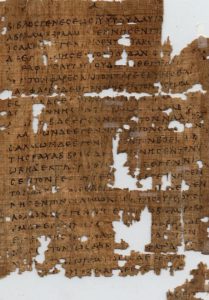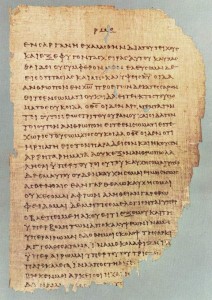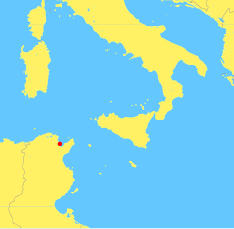
Fragment of the Gospel According to Matthew (original autograph: ~60-70 A.D.); This is a copy dating to ~250 A.D. (Wikimedia Commons)
In a 2013 article entitled, Is the New Testament Text Reliable?, Greg Koukl tacked the old assertion that the New Testament has been copied and recopied so many times over the ages that today, we can’t even know what the original texts said. To kick off that article, Koukl used a great example of how this meme continues to be perpetuated:
In the spring of 1989 syndicated talk show host Larry King interviewed Shirley MacLaine on the New Age. When a Christian caller contested her view with an appeal to the New Testament, MacLaine brushed him off with the objection that the Bible has been changed and translated so many times over the last 2000 years that it’s impossible to have any confidence in its accuracy. King was quick to endorse her “facts.” “Everyone knows that,” he grunted.




